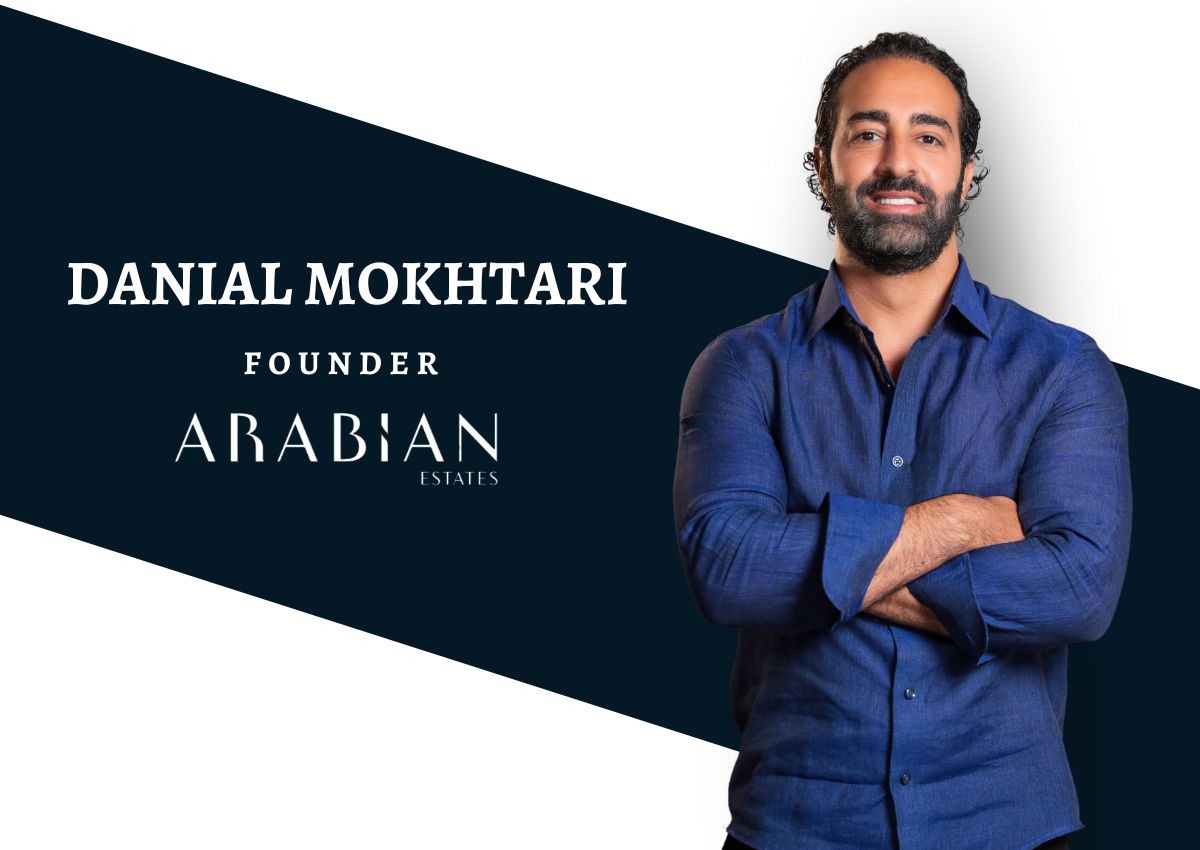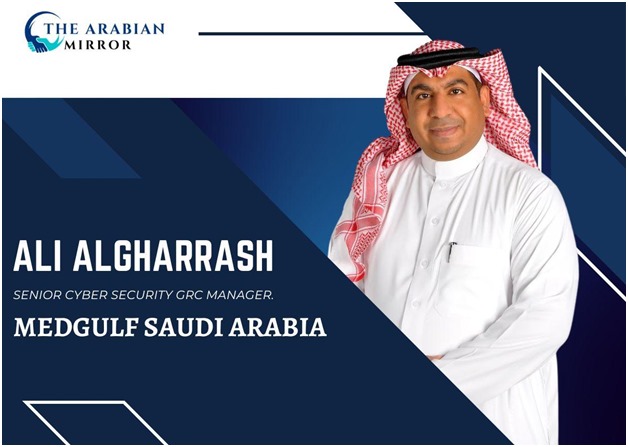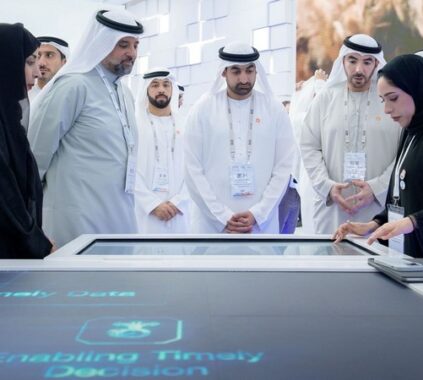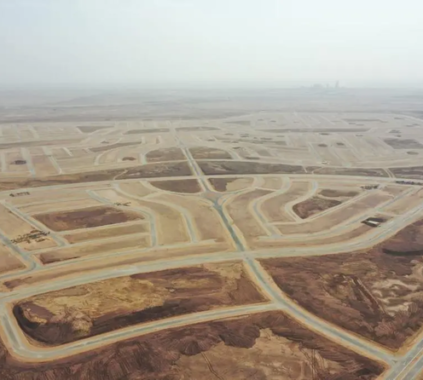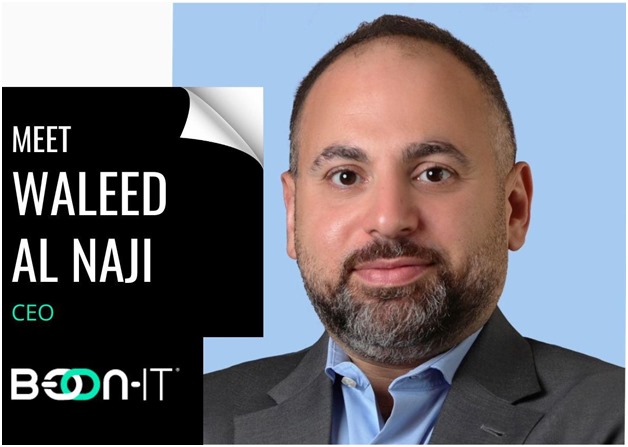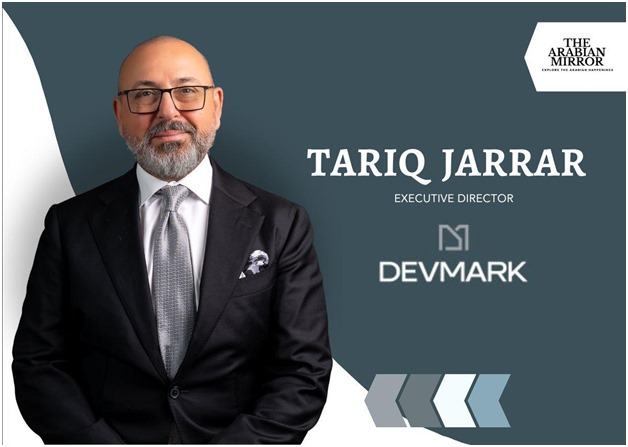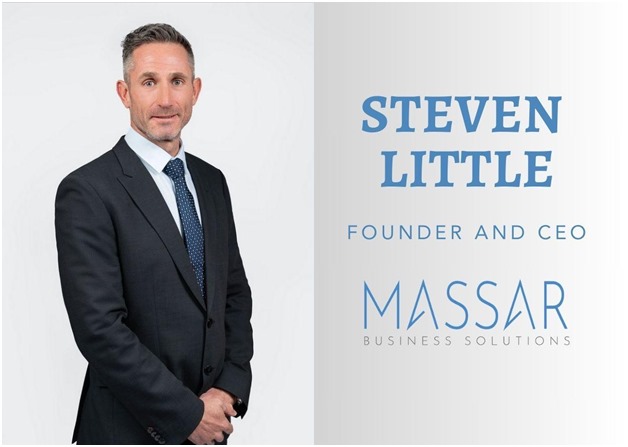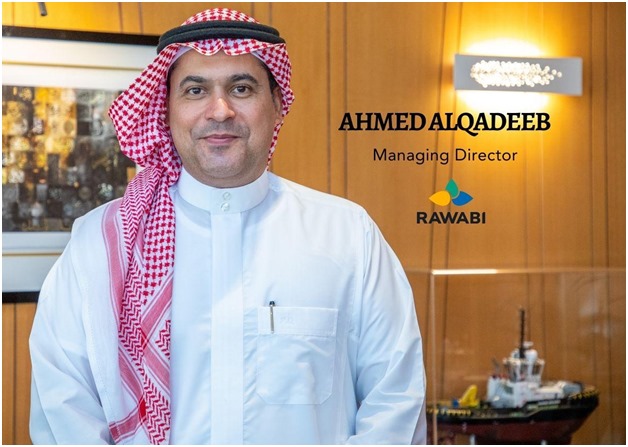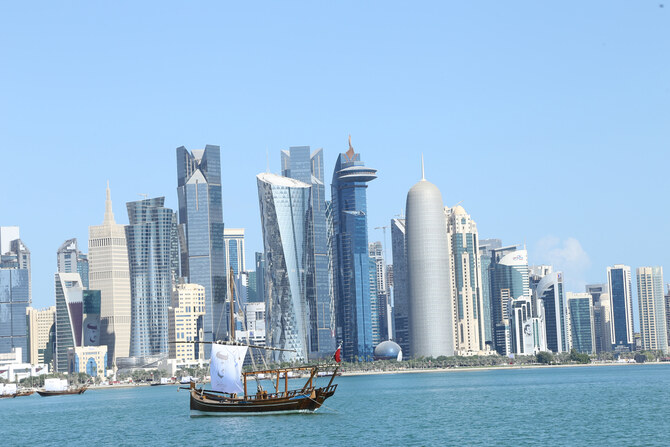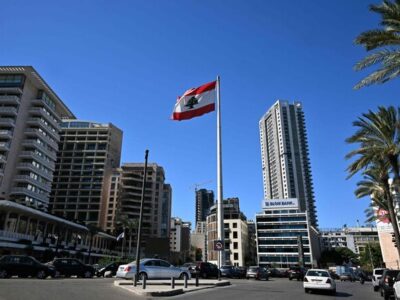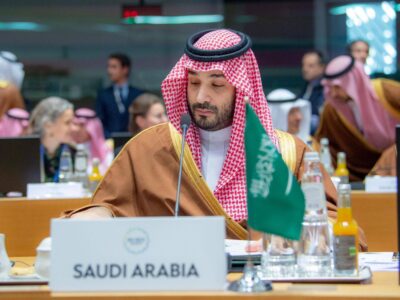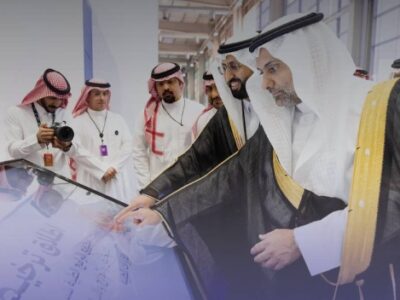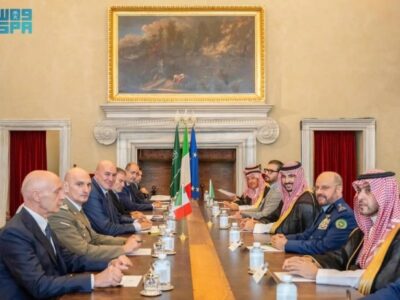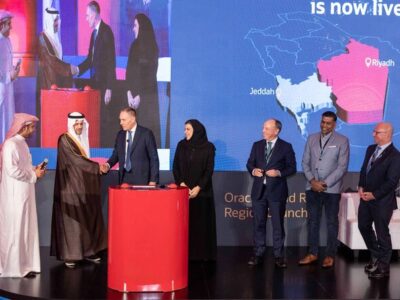Saudi Arabia’s remarkable foray into the global sports arena has left many in awe, with terms like “unprecedented,” “inconceivable,” and “stunning” being used to describe the nation’s sports investments. This expansive venture, chronicled in detail by ESPN, spans a decade and encompasses high-profile ventures such as LIV Golf, the signing of soccer icon Ronaldo, and an increasing presence in boxing, wrestling, cricket, and tennis.
Vision 2030: Transforming Saudi Arabia’s Economy
At the heart of this sports investment spree is Vision 2030, an ambitious plan to overhaul Saudi Arabia’s economy and society. Focused on transitioning from fossil fuels to renewables, embracing artificial intelligence, boosting tourism, and adopting more flexible social norms, Vision 2030 is a multifaceted strategy to redefine the nation’s trajectory.
LIV Golf-A Big Gamble: Perspectives from Northeastern University Business Experts
However, business experts from Northeastern University express skepticism, viewing Saudi Arabia’s sports investments as a substantial gamble. The nation’s utilization of billions from its Public Investment Fund raises questions about the economic viability of such ventures. According to Evodio Kaltenecker, an associate teaching professor, the risks involved extend beyond economics and delve into geopolitics, regional competition, domestic politics, and public relations.
Addressing Workforce Challenges: A Motivation Behind Investments
Ravi Ramamurti, a university distinguished professor of international business, sheds light on a crucial aspect motivating Saudi Arabia’s sports investments: addressing workforce challenges. With a growing population, a significant portion of the country’s labor force comprises guest workers. Ramamurti emphasizes the need to equip Saudis with marketable skills, highlighting a cultural shift where Saudis move from being consumers to active participants in the workforce.

Vision 2030’s Diversification Efforts: A Closer Look
Despite Saudi Arabia’s ambitious plan to spend approximately $3 trillion over 15 years, aimed at diversifying the economy away from oil, challenges persist. Ramamurti notes that the country’s dependence on oil for 80% of its exports remains unchanged halfway through Vision 2030. The inherent paradox lies in using oil revenues to kickstart investments in renewable sectors while struggling to attract foreign direct investment due to economic volatility and corruption.
Symbolism vs. Economic Impact: The Role of Sports in Vision 2030
While sports and entertainment represent a relatively small portion of Saudi Arabia’s comprehensive transformation agenda, they carry significant symbolic value. The nation’s involvement in global sports serves as a form of soft power, diverting attention from human rights concerns and contributing to a positive image internationally.
Economic Uncertainties: Can Sports Investments Pay Off?
From Formula One to partnerships with major sports organizations, Saudi Arabia’s sports deals are numerous. However, when viewed purely through an economic lens, doubts arise regarding the financial returns on these investments. The experts express skepticism about the country’s ability to transform these ventures into long-term gains, particularly in the realm of travel and tourism.
Challenges Ahead: Transforming the Workforce and Sustaining Economic Growth
As Saudi Arabia aims to become a hub for business tourism and eventually transition into a family-oriented tourism center, significant challenges lie ahead. Transforming the workforce and fostering sustainable economic growth remain pivotal aspects that the nation must address to realize the Vision 2030 goals. The experts conclude that Saudi Arabia’s journey into the global sports market, while symbolically significant, poses economic uncertainties and underscores the complex nature of diversifying an economy heavily reliant on oil.
Also Read
Madinah Buses Prepared to Serve Visitors During Ramadan 2024 in Saudi Arabia
Amazon Web Services (AWS) Set to Introduce Infrastructure Region in the Kingdom of Saudi Arabia









